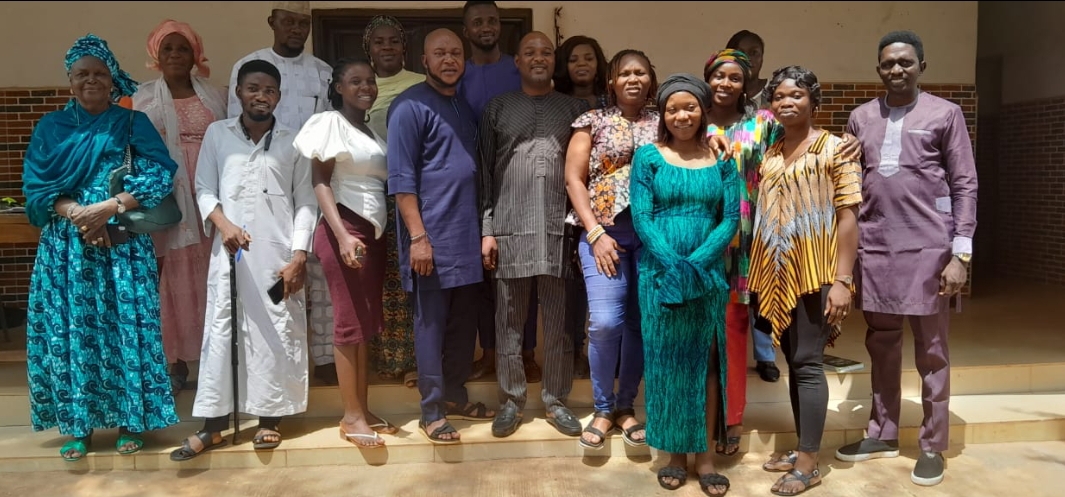By Dare Akogun
The ATM Network, comprising the Association for Civil Society in Malaria Control, Immunization, and Nutrition (ACOMIN), Tuberculosis, and Malaria, has called on the government and other stakeholders in the health sector to prioritize and increase funding for both secondary and primary health care facilities in Nigeria.
The Lead Coordinator of the Network, who also doubles as the State Coordinator for Civil Society in Malaria Control, Immunization, and Nutrition (ACOMIN), Mr. Femi Olatunbosun, made this call during a media briefing with journalists in Ilorin, Kwara State.
Mr. Olatunbosun highlighted that Nigeria has the world’s highest number of people affected by malaria and the world’s second-largest burden of human immunodeficiency virus (HIV) and AIDS.
He noted a high occurrence of co-infection of malaria in HIV patients, adding that Nigeria is also ranked among the thirty high tuberculosis (TB) and TB-HIV co-infection burden countries globally.
He emphasized that the prevalence of malaria, HIV, and TB infections are driven by poverty, with the poorest populations being the most vulnerable due to inadequate health facilities, and lack of access to information and quality education.
Olatunbosun further called on philanthropists and religious leaders to invest in healthcare at the community level, stressing their power to influence and mobilize communities in fostering a sense of ownership and accountability in health care initiatives.

